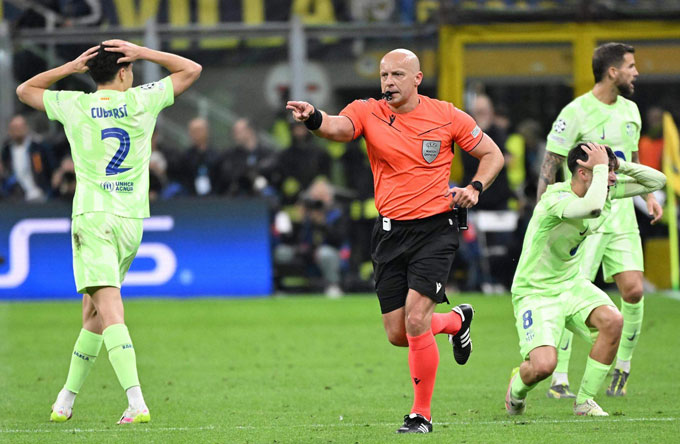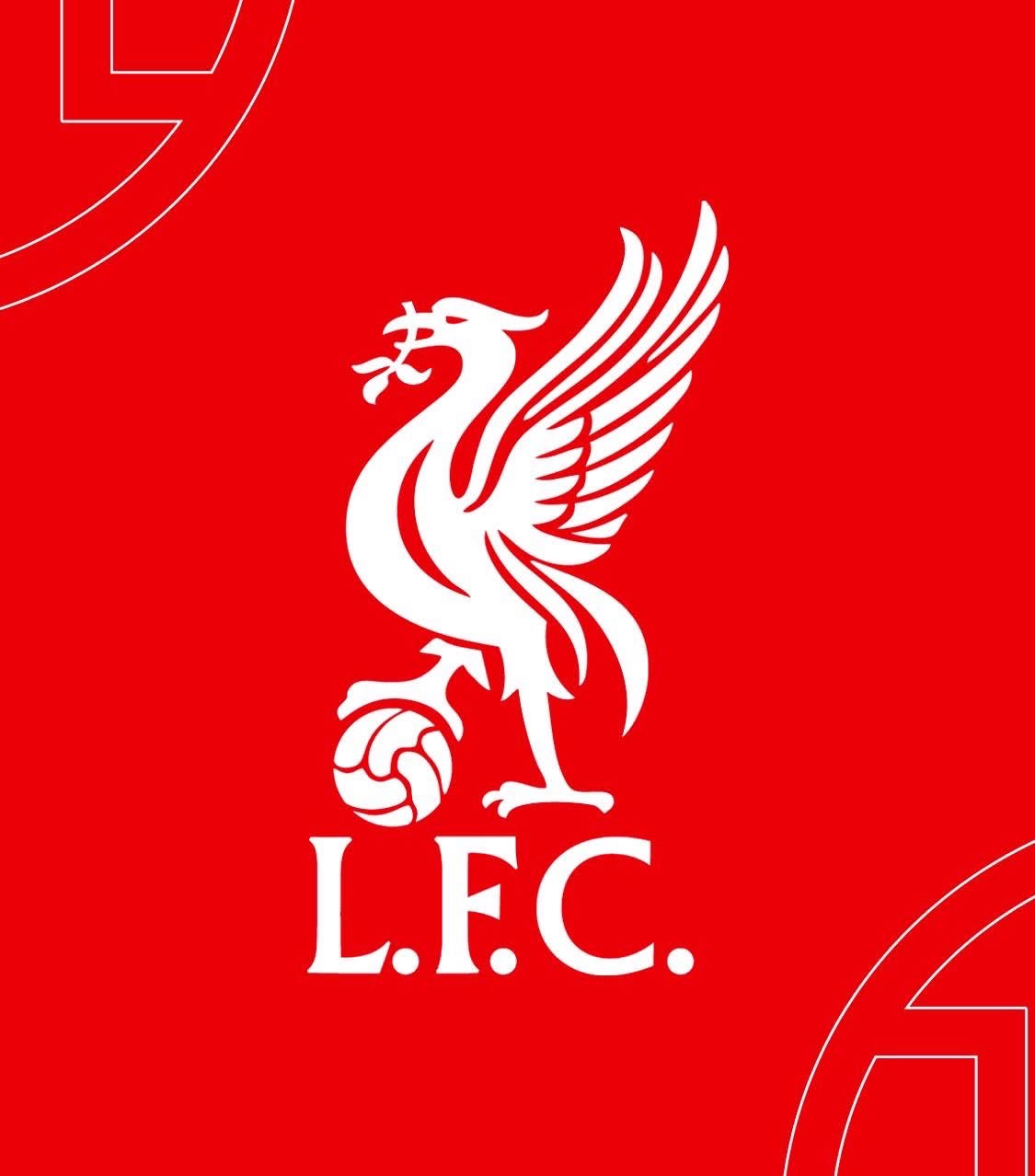FIFA, in coordination with UEFA and the International Football Association Board (IFAB), has announced a significant update to the rules governing penalty kicks. This decision comes in the wake of intense criticism and debate sparked by Polish referee Szymon Marciniak’s controversial call during a Champions League Round of 16 clash between Atlético Madrid and Real Madrid.
The controversy centered on a disallowed penalty taken by Atlético’s Julián Álvarez. Referee Marciniak ruled that Álvarez had made contact with the ball using both feet—an action deemed illegal under the existing rules. As a result, the goal was annulled, and Real Madrid advanced, leading to widespread outrage and confusion among fans and pundits alike.
Following Real Madrid’s formal complaint and growing public pressure, UEFA and FIFA initiated discussions with IFAB, which has now led to an official rule revision.
**The updated rule states:**
> “If a penalty taker unintentionally makes contact with the ball using both feet and the ball enters the goal, the penalty will be retaken. If no goal is scored, it will either be considered a missed attempt in a shootout or result in an indirect free kick for the opposing team during open play.”
This amendment is designed to differentiate between accidental slips or missteps and deliberate violations, addressing concerns that the previous law was overly punitive in cases where no intent was involved.
The match incident had originally caused confusion inside the Wanda Metropolitano, where fans believed Álvarez’s goal had stood, especially as the scoreboard reflected a draw. However, following protests from Real Madrid players and a VAR review, the goal was overturned—ultimately influencing the outcome of the tie.
This rule change is seen as a preventive measure to avoid similar controversies in future high-stakes matches, especially where the margin between victory and defeat often hinges on the outcome of a single penalty.





